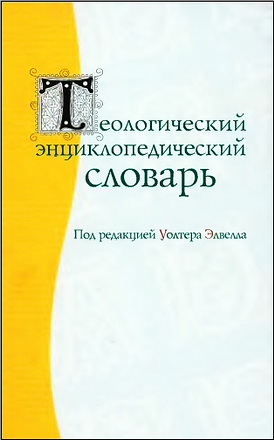
Craig - Reasonable Faith
Before we attempt to build a case for Christianity, we must come to grips with some very fundamental questions about the nature and relationship of faith and reason. Exactly how do we know Christianity to be true? Is it simply by a leap of faith or on the authority of the Word of God, both unrelated to reason? Does religious experience assure us of the truth of the Christian faith, so that no further justification is needed? Or is an evidential foundation for faith necessary, without which faith would be unjustified and irrational? We can better answer these questions if we briefly survey some of the most important representative thinkers of the past.
William Lane Craig - Reasonable Faith - Christian Truth and Apologetics
Third edition 2008
Trade paperback ISBN: 978-1-4335-0115-9
William Lane Craig - Reasonable Faith - Christian Truth and Apologetics
Contents
Table of Figures 9
Preface to the Third Edition 11
Introduction 15
Part One: De Fide
1 How Do I Know Christianity Is True? 29
Part Two: De Homine
2 The Absurdity of Life without God 65
Part Three: De Deo
3 The Existence of God (1) 93
4 The Existence of God (2) 157
Part Four: De Creatione
5 The Problem of Historical Knowledge 207
6 The Problem of Miracles 247
Part Five: De Christo
7 The Self-Understanding of Jesus 287
8 The Resurrection of Jesus 333
Conclusion: The Ultimate Apologetic 405
Index 408
William Lane Craig - Reasonable Faith - Christian Truth and Apologetics - How Do I Know Christianity Is True?
Before we attempt to build a case for Christianity, we must come to grips withsome very fundamental questions about the nature and relationship of faith andreason. Exactly how do we know Christianity to be true? Is it simply by a leapof faith or on the authority of the Word of God, both unrelated to reason? Doesreligious experience assure us of the truth of the Christian faith, so that no furtherjustification is needed? Or is an evidential foundation for faith necessary,without which faith would be unjustified and irrational? We can better answerthese questions if we briefly survey some of the most important representativethinkers of the past.
Historical Background - Medieval
In our historical survey, let’s look first at Augustine (354–430) and Thomas Aquinas (1224–1274). Their approaches were determinative for the Middle Ages.
AUGUSTINE
Augustine’s attitude toward faith and reason is very difficult to interpret, especially because his views apparently evolved over the years. Sometimes we get the impression that he was a strict authoritarian; that is to say, he held that the ground for faith was sheer, unquestionable, divine authority. This authority might be expressed in either the Scriptures or in the church. Thus, Augustine confessed, “I should not believe the Gospel except as moved by the authority of the Catholic Church.”1 The authority of Scripture he held in even higher esteem than that of the church. Because the Scriptures are inspired by God, they are completely free from error and are therefore to be believed absolutely.2 Such a view of authority would seem to imply that reason has no role to play in the justification of belief, and sometimes Augustine gives that impression. He asserts that one must first believe before he can know.3 He was fond of quoting Isaiah 7:9 in the Septuagint version: “Unless you believe you shall not understand.” The fundamental principle of the Augustinian tradition throughout the Middle Ages was fides quaerens intellectum: faith seeking understanding.
But certain statements of Augustine’s make it clear that he was not an unqualified authoritarian. He maintained that authority and reason cooperate in bringing a person to faith. Authority demands belief and prepares man for reason, and reason in turn leads to understanding and knowledge. But at the same time, reason is not entirely absent from authority, for one has to consider whom to believe, and the highest authority belongs to clearly known truth; that is to say, the truth, when it is clearly known, has the highest claim to authority because it demands our assent. According to Augustine, it is our duty to consider what men or what books we ought to believe in order to worship God rightly. Gerhard Strauss, in his book on Augustine’s doctrine of Scripture, explains that although for Augustine Scripture is absolutely authoritative and inerrant in itself, it does not carry credibility in itself—that is, people will not automatically accept its authority upon hearing it. Therefore, there must be certain signs (indicia) of credibility that make its authority evident. On the basis of these signs, we can believe that the Scripture is the authoritative Word of God and submit to its authority. The principal signs adduced by Augustine on behalf of the authority of Scripture are miracle and prophecy. Though many religions boast of revelations showing the way of salvation, only the Scriptures have the support of miracle and prophecy, which prove it to be the true authority.
Thus, Augustine’s authoritarianism would seem to be drastically qualified. Perhaps Augustine’s apparent inconsistency is best explained by the medieval understanding of authority. In the early church, authority (auctoritas) included not just theological truths but the whole tradition of past knowledge. The relationship between authority and reason was not the same as that between faith and reason. Rather it was the relationship between all past knowledge and present-day understanding. Knowledge of the past was simply accepted on the basis of authority.
This seems to have been Augustine’s attitude. He distinguishes between what is
1. Augustine, Against the Epistle of Manichaeus Called Fundamental 5.6.
2. Augustine, Letters 82.3; idem City of God 21.6.1.
3. Augustine, On Free Will 2.1.6.
seen to be true and what is believed to be true. We see that something is true by either physical perception or rational demonstration. We believe that something is true on the basis of the testimony of others. Hence, with regard to miracle and prophecy, Augustine says that the trustworthiness of reports of either past or future events must be believed, not known by the intelligence. Elsewhere he declares that one should believe in God because belief in him is taught in the books of men who have left their testimony in writing that they lived with the Son of God and saw things that could not have happened if there were no God. Then he concludes that one must believe before he can know. Since for Augustine the historical evidence for miracle and prophecy lay in the past, it was in the realm of authority, not reason. Today, on the other hand, we would say that such a procedure would be an attempt to provide a rational foundation for authority via historical apologetics.
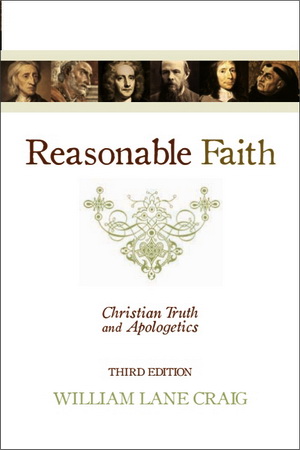
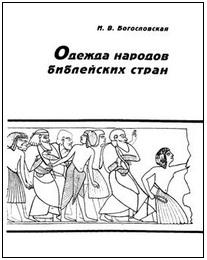

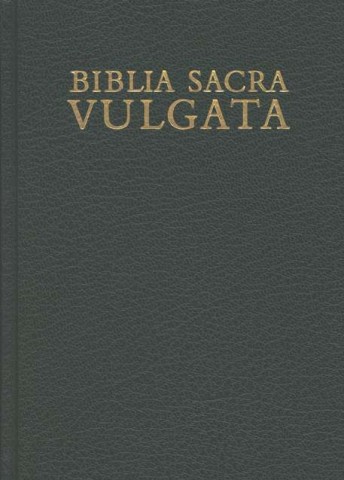
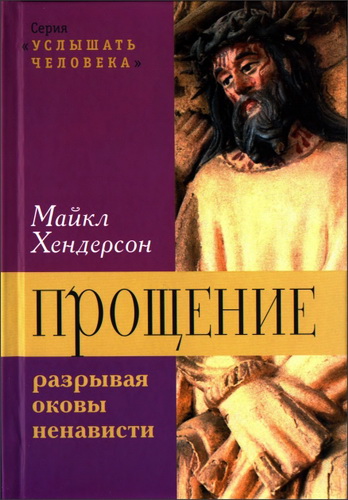
Комментарии (1 комментарий)
Отличная книга, вот бы еще на русском...